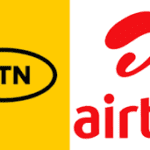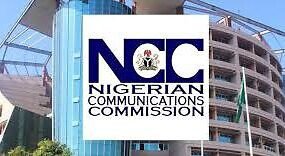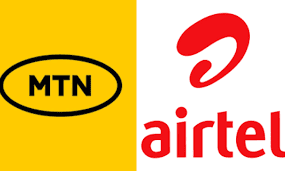MTN Nigeria has reinstated network services across Kogi State following a two-week blackout that left users disconnected and scrambling for alternatives—especially in Lokoja, the state capital.
Residents in parts of the state regained partial access to services before the full restoration on Friday morning. According to eyewitnesses, the signal returned around 11:30 a.m., ending a frustrating period of total disconnection that hit travellers and residents alike.
“The network was disconnected two weeks ago. While some areas had it restored in a few days, Lokoja was without service for the full two weeks,” said AbdulHakeem, a resident of Lokoja. “Thankfully, it came back this morning.”
During the outage, those passing through the state faced total communication blackouts. Calls dropped, internet services vanished, and MTN subscribers were left completely cut off from mobile access the moment they crossed into Kogi.
“Drivers travelling through Kogi stopped receiving calls as soon as they entered the state,” one source told reporters. In Lokoja, the situation was so bad that some travellers paid up to ₦1,000 just to use a mobile hotspot from users on other networks—just to send messages or make WhatsApp calls.
Behind the Disruption: Why Nigeria’s Telcos Struggle
While MTN has yet to explain the cause of the blackout, the broader challenges facing Nigeria’s telecom industry may offer some clues. With an unreliable power grid, most telecom towers depend on diesel-powered generators. Since the fuel subsidy removal in 2023, diesel costs have soared, hitting the industry’s operating budget hard.
Additionally, telecom firms in Nigeria import most of their equipment. The naira’s steady depreciation and a chronic shortage of foreign exchange have made repairs and upgrades even more costly. Meanwhile, operators must navigate over 40 different taxes and levies across the country, along with inconsistent Right of Way fees that stifle expansion.
Vandalism and insecurity, especially in rural and conflict-prone areas, add another layer of complexity, raising both risks and maintenance expenses. Despite rising costs and inflation, regulators have been slow to approve tariff adjustments—leaving telcos squeezed between operational burdens and stagnant pricing.
- Nigeria’s Broadband Target Slips Again
- MTN, Airtel Experience Service Outages in Abuja Over Diesel Supply Disruptions
- Airtel Africa, SpaceX Partner on Starlink Direct-to-Cell Connectivity Across 14 Markets
- 4 Hours of Data Outage: How Glo Did Users ‘Detty’ in Big 2025
- Glo Issues Apology Over Nationwide Data Disruption Earlier Today
- MoMo PSB, Thunes Sign Partnership to Boost Cross-Border Payments for Nigerians













One reply on “MTN Users Reconnect After Two-Week Kogi Blackout”
[…] all Nigerian telecoms face network challenges, Glo’s response time is much slower than MTN’s. MTN usually fixes outages within one to three hours, but Glo takes much longer, making customers lose […]